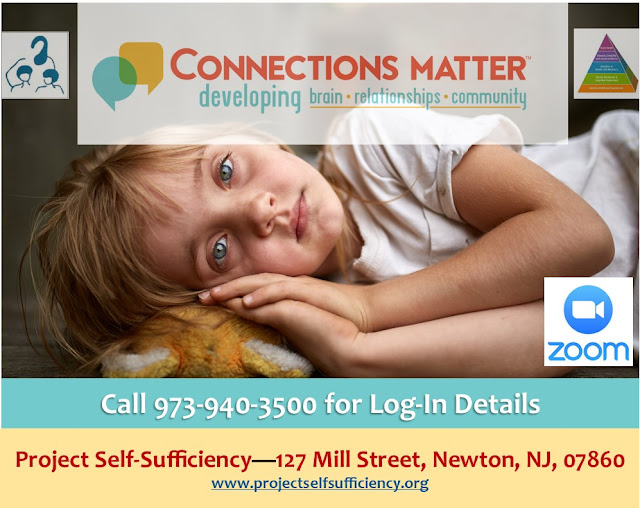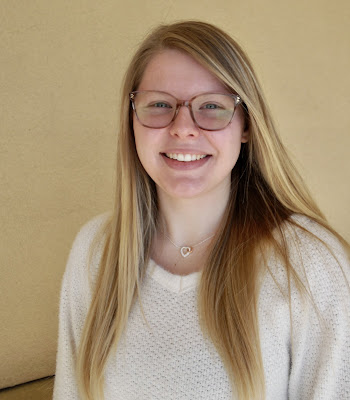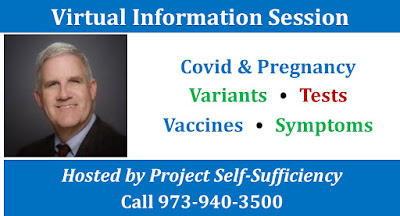Project Self-Sufficiency will continue the workshop and discussion series, “Connections Matter”, designed to facilitate the conversation about issues surrounding Positive & Adverse Childhood Experiences (PACEs), with a virtual session in English, Wednesday, May 4th, 5:00 p.m. A virtual session in Spanish will be offered Wednesday, May 18th, 2:00 p.m. Participants are invited to explore the Connections Matter curriculum, a program funded by the New Jersey Department of Children and Families and led by Prevent Child Abuse New Jersey designed to engage providers, parents, and community members in building caring connections to improve resiliency. Discussion will focus on understanding Adverse Childhood Experiences and trauma and demonstrate how caring connections can serve as a primary buffer in the negative effects of trauma. The training is appropriate for parents and providers raising and teaching school aged children. The programs are free and open to the public; interested participants are invited to call 973-940-3500 for log-in details.
During the workshop series, trauma experts and guest speakers address the impact of adverse childhood experiences on social, emotional, and cognitive development, and offer tips and strategies for building resiliency. Adverse childhood experiences are widely recognized as falling into three distinct categories, abuse, neglect, and household dysfunction. Examples of negative behavior said to result from ACEs include smoking, alcoholism, drug use, absenteeism, and lack of physical activity. These behaviors can cause a cascade of physical and mental health problems, from diabetes to cancer to suicidal thoughts. It is estimated that approximately 67% of the population has experienced at least one adverse childhood experience.
The agency’s program brings together professionals, providers, and parents who are committed to increasing awareness of the impact of childhood trauma on juvenile development, future violence victimization and perpetration, and lifelong health and opportunity. “Our goal is to help make our community a place in which every child can thrive by providing education and training on adverse childhood experiences (ACEs) and assuring safe, stable, nurturing relationships and environments,” explains Project Self-Sufficiency Executive Director Deborah Berry-Toon.


